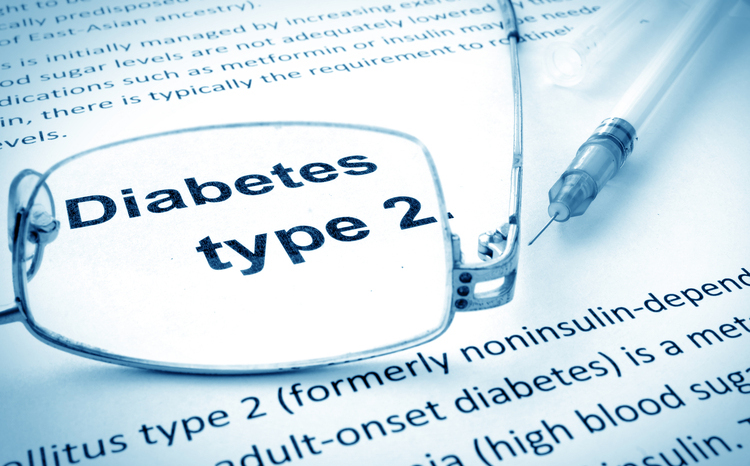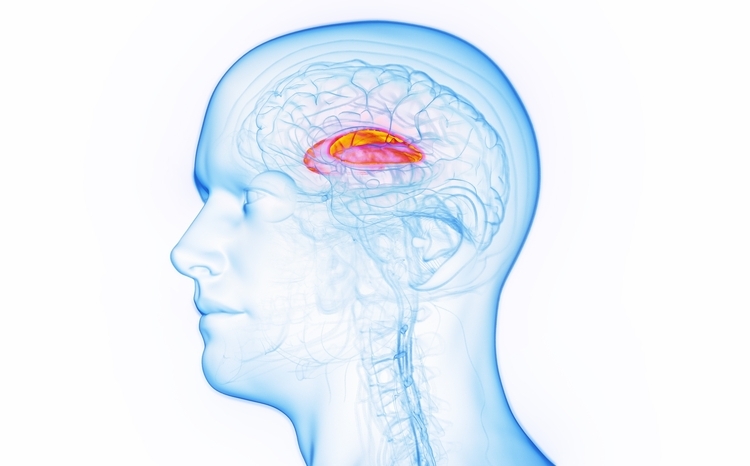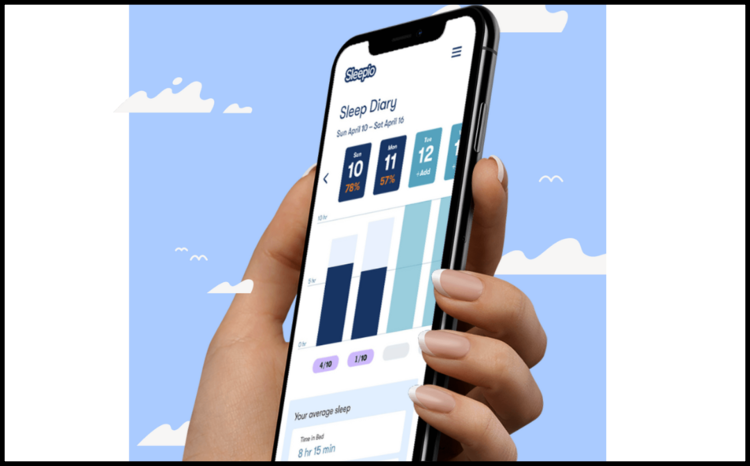NICE recommends smartphone-linked ECG device
- 23 August 2022

NICE (the National Institute for Health and Care Excellence) has published first draft guidance which recommends a smartphone-linked electrocardiogram (ECG) device for people taking antipsychotic medication.
The Early Value Assessment pilot project from NICE has recommended KardiaMobile 6L for measuring cardiac QT interval.
KardiaMobile 6L is a portable ECG device that can be used to help inform medication choices for psychiatric conditions. Patients on antipsychotic medication may need regular testing to detect potential heart problems and help professionals determine the best choice of medication.
It is a more easily accessible way to measure heart rhythm disturbances and is less intrusive. Thanks to its portability it can be used in a home setting by a community healthcare professional, which can help reduce a patient’s levels of stress and anxiety.
It has three electrodes – two that are attached to fingers, and one that should make contact with the left leg. The data collected is recorded and transmitted wirelessly to a smartphone or tablet.
It can be used to replace the conventionally-used 12-lead ECG device. This would usually require patients to partially undress and the use of conductive gel on the skin which can cause distress.
The recommendation from NICE is that “using KardiaMobile 6L should be offered as an option in psychiatric services to measure heart rhythm disturbances, such as a QT interval, in people taking or about to take antipsychotic medication while further real-world evidence is generated.”
The smartphone-based ECG has previously been recommended by NICE for use in NHS ambulatory settings for detecting atrial fibrillation.
KardiaMobile 6L is the first recommendation to be issued by the NICE diagnostics advisory committee through its Early Value Assessment pilot project.
The aim of the Early Value Assessment project is to provide quick assessments of early value by identifying the most promising technologies for use in the NHS. This allows clinicians and patients to benefit from medical technology while further data is collected to inform a full NICE assessment.
Following on from the real-world assessment of the device’s cost and clinical effectiveness the appraisal will revert to the independent NICE committee for a full assessment.




